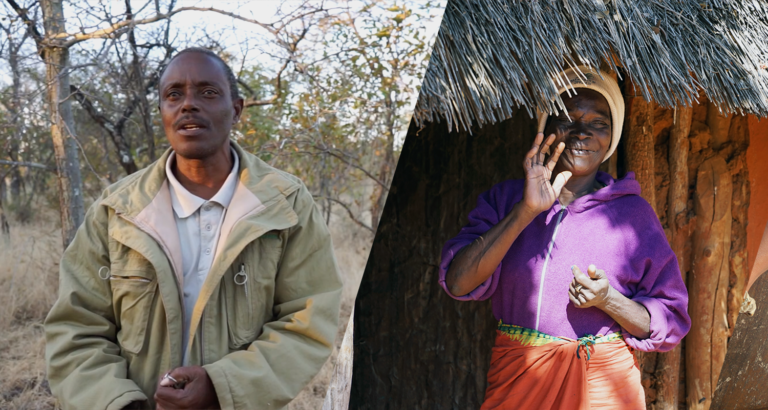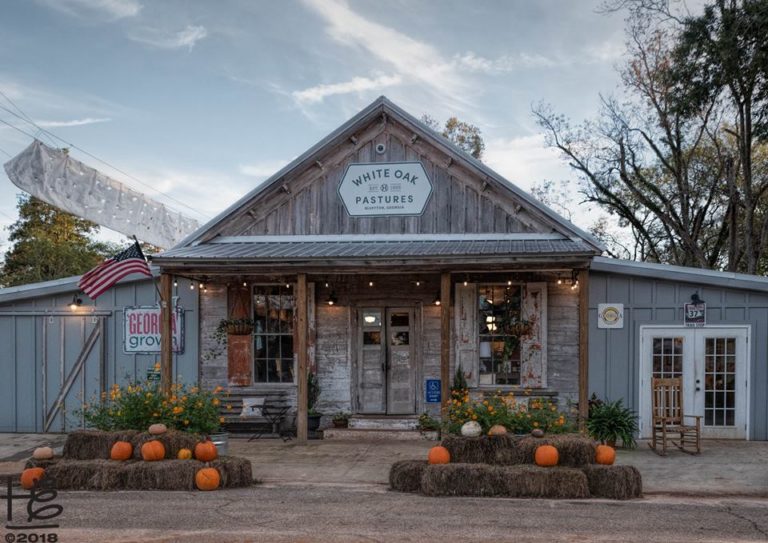It would be impossible to describe civilization today without noting the enormous contribution of petrochemicals, all nonrenewable. In a few hundred years, we have burned through scores of millions of years-worth of stored photosynthate to accomplish what we have. Without sustainable agriculture and land management practices, we are well on our way to saving absolutely none of it for future generations.
Petrochemicals are the cause of our currently huge and growing population numbers, our highly transient lifestyles, our global food industry, and our utter reliance on energy-intensive technology to open doors, illuminate clocks, and brush teeth. What our hordes of successors are going to live on when we burn through the rest of these resources remains to be seen.
How much of human civilization will become sustainable is unknown. Little of it is now.
Future generations aren’t going to have the abundance we have enjoyed. There will be literally nothing left for them but to watch civilization deconstruct around their ears. Devolution is inevitable. The least we can do for the unfortunate souls condemned to survive in this hugely depleted world is to use what resources remain to prepare for it. The party will soon be over.
The global industrial food system has ravaged our farmland. Get big or get out has won the day. Family farms are disappearing. Soils are being mined. Eroded sediment is delivered to North America’s surrounding oceans equivalent to a trainload of soil 130 miles long every day. Dead zones in our shallow, once productive coastal waters, are growing yearly from farmland nutrient loss. The soils remaining are depleted, both of available nutrients and the microbial communities that once delivered nutrients to crops. Like drug addicts, depleted soils require increasing yearly hits of agricultural chemicals to remain productive. Then there’s the climate.
If we are to leave a legacy for our grandchildren that contributes to their survival, we are going to have to prioritize our farmlands while resources are still available. If people could see the ravaged world their grandchildren will inherit, they would change their priorities. Here is what they are up against and why Holistic Management is so important – why it may, in fact, without hyperbole, save the world.
If all the world’s greenhouse gas emissions ended overnight, Earth’s atmosphere would still be loaded with excess CO2 and would remain too warm. The greatest risk of global warming is the risk of runaway climate change. How hot it could get and how long it could last is unknowable and we really don’t ever want to find out. Farming carbon back into the soil is absolutely essential to mitigate global warming.
Industrial farming practices have progressively taken the life out of our soils, nutrition out of our foods, water out of our aquifers, predictability out of our climates, profitability out of our family farms, and biodiversity out of our landscapes. Nothing about agriculture is currently sustainable and civilization won’t survive without major change.
Imagine what could happen if we used what resources remain to help all American farmers adopt Savory Holistic Management, switching to regenerative farming practices.
They’d save tons on fuel and chemicals. Profits would soar and family farms would prosper. Rural communities would reappear. Food produced would be more nutrient-dense and health-promoting, saving billions in medical costs. Streams and rivers, long polluted, would flow sparkling clear and cool. Trout would reappear. Reservoirs and lakes would quit filling with sediment. Dead zones in the Gulf would disappear. Ground water aquifers would be replenished. Soil would stop eroding. Wildlife, birds, butterflies, and pollinators would return. The climate would stabilize. And it would last.
This is the promise of Savory Holistic Management.
Don Wilkin is the associate director of McHenry-Lake County Illinois Soil and Water Conservation District and a Retired Professor of Natural Resources and Human Ecology.





